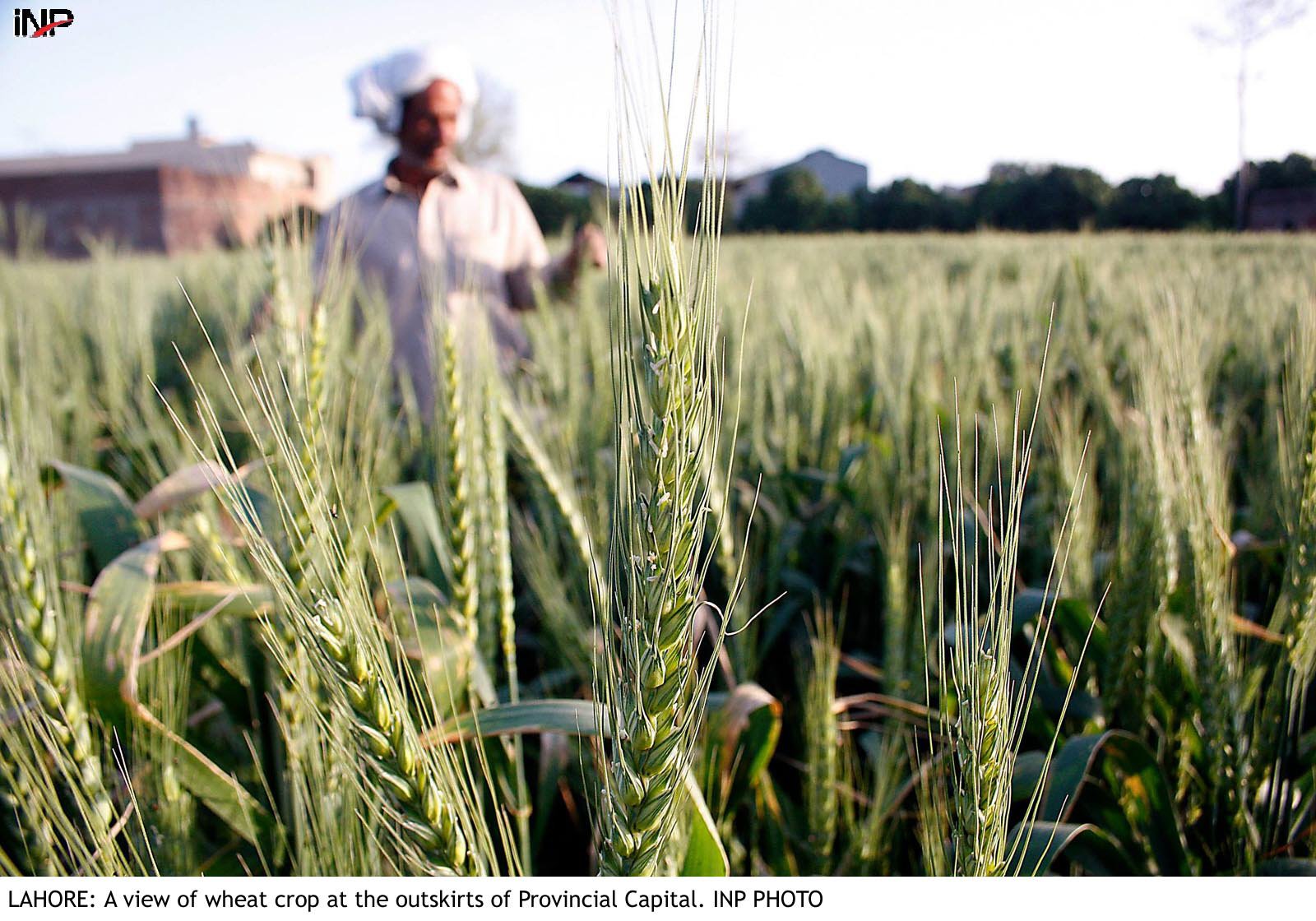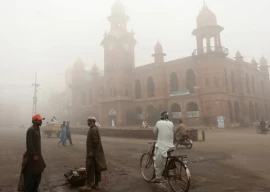
A policy draft on irrigation was presented at the event organised by the Indus Consortium in collaboration with OxfamNovib.
The conference started without Irrigation Minister Mian Yawar Zaman who had been listed as the chief guest. Irrigation Secretary Capt (r) Saif Aanjum also did not attend. Fiza Qureshi, the moderator, introduced the draft.
Jamshaid Fareed, the Indus Consortium executive council member, said that all stakeholders from the Punjab and Sindh, including water experts, farmers, academicians, government officials, media and civil society members should be consulted to resolve water issues. Two short documentaries were also screened at the event. They highlighted the plight of tail-end farmers in southern Punjab and Sindh.
Iqbal Haider, the Indus Consortium executive director, spoke on the Improving Water Governance (IWG) project. “Pakistan’s agriculture and economy have tremendous growth potential. Self-sufficiency in the agriculture sector can only be achieved by framing farmer-friendly policies. The goal of national development can only be achieved by taking concrete steps to improve the agriculture sector,” he said.
Manzoor Hussain, the Muzaffargarh District Tail-End Farmers’ Association president, said that water availability had not improved over the years.
Mushtaq Gaadi, a water expert, said empirical evidence suggested that water use efficiency was lower in the Punjab than other provinces.
“The Punjab government needs to carry out institutional reform and bring clarity in its objectives,” he said.
Dr Shahid Ahmad said that Indus Basin Irrigation System was the largest irrigation system of the world. “Reforms in the provincial irrigation departments are only possible when there is a sense of ownership,” he said.
MPA Saadia Sohail Rana said the government had not increased the support prices of wheat, rice, cotton and sugarcane. “Despite high production cost, farmers are not being paid enough. The Punjab government needs to provide financial support to small farmers to stop them from drifting into poverty,” Rana said.
Dr Rai Niaz Ahmad, Pir Mehr Ali Shah Arid Agriculture University Rawalpindi vice chancellor, said that universities should lead the way in agriculture research. “There should be an effective way to raise awareness among policymakers,” Dr Niaz said.
Published in The Express Tribune, March 18th, 2015.


1729662874-0/One-Direction-(1)1729662874-0-165x106.webp)


1726722687-0/Express-Tribune-Web-(9)1726722687-0-270x192.webp)


1732011525-0/Express-Tribune-(8)1732011525-0-270x192.webp)








COMMENTS
Comments are moderated and generally will be posted if they are on-topic and not abusive.
For more information, please see our Comments FAQ